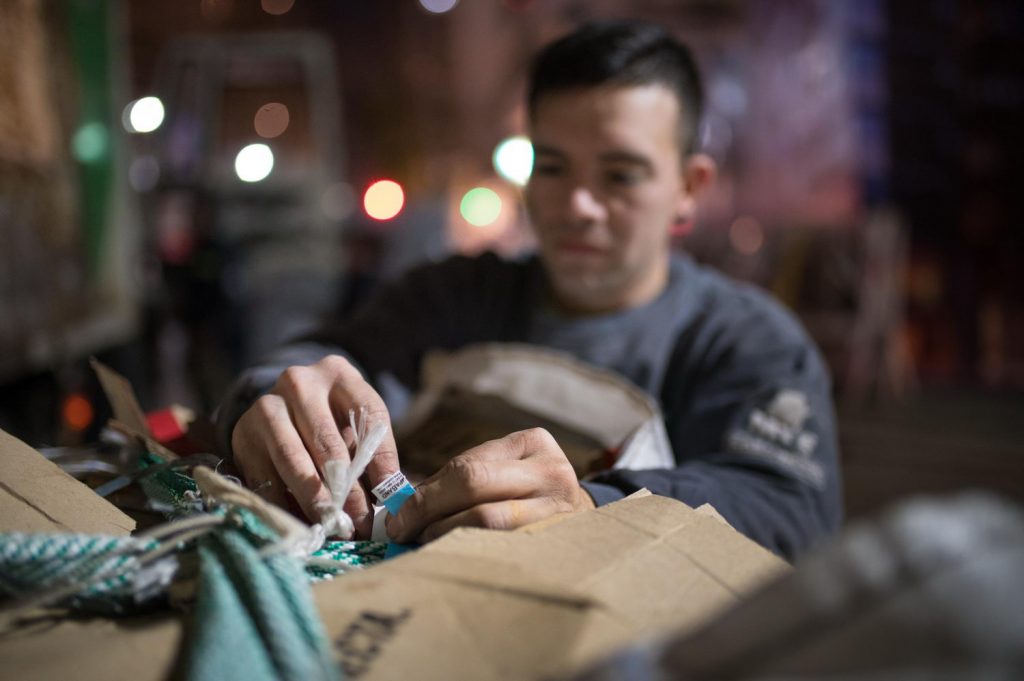
By Magdalena Donoso, Regional Coordinator for Latin America and The Caribbean
The COVID-19 pandemic has had a profound impact on the way we handle our waste, bringing with it a host of environmental, social and cultural challenges. For millions of people who make a living in the informal sector, isolation measures that guarantee their safety pose a dramatic threat to their livelihoods. People in the informal waste sector–those who do the critical yet thankless role of collecting and sorting our waste and recyclables without formal recognition and protections from their municipalities– are now facing a grave threat. 15 million informal waste workers and their families risk losing their livelihood due to Covid-19.
The violation of the fundamental rights of waste pickers has been a matter of constant concern, leading workers to organize at local, regional and global levels, from Cooperatives to alliances built together with GAIA and others to strengthen regional and international advocacy. Waste pickers have their fundamental rights threatened and violated each day. This includes unsafe and unhealthy work conditions, obstacles to safely accessing recyclable materials, and restrictions on waste pickers mobility within a city. Furthermore, systems and policies of waste management have been designed without the participation, consultation and consideration of waste pickers, and with lack of public policies that recognize their work through payment of the service they provide or improvement of their working conditions. Meanwhile, we increasingly see the replacement of waste pickers and their work by public or private actors and the continued harassment by security forces.
In this context, the capacity of waste pickers to cope with this crisis is extremely limited, especially compared with formal workers. Hence, the responsibility of governments is an urgent demand: it is essential to pass immediate alleviative measures of social protection for these workers, ensuring a minimum income that covers their basic needs for food, housing and medicines until their work is restored to normal. For those cities and countries where waste collection is still ongoing, waste pickers must be provided with the necessary personal protective equipment to carry out their job safely, avoiding exposure to Covid-19.
It is more important than ever to support, in all public instances, the position of waste pickers as fundamental players in the recycling chain beyond this temporary situation associated with Covid-19. Waste pickers provide a protective shield against the waste industry’s constant attempts to promote end of pipe solutions that pollute our environment instead of protecting it.
Once this contingency period to manage Covid-19 is over, we at GAIA will keep working hard to promote powerful zero waste programmes that support local economies and contribute to local resilience. The establishment of remunerations for the service waste pickers provide is part of that work, because it will lay the foundation so that future adverse situations will not threaten their safety or their dignity.
The current situation reveals the historical debt that society owes to waste pickers, who are a critical part of the movement towards zero waste by increasing reuse, recovery and recycling rates for the benefit of nature and society.
This pandemic highlights the urgency of promoting local recycling systems, through which alternative ways of improving collection and protecting workers would be faster and easier to implement.
More about waste pickers, pandemic and actions around the world here.
Waste pickers are stepping up to support their communities, at their own risk. Will you step up for them and donate to the Emergency Solidarity Fund?




























